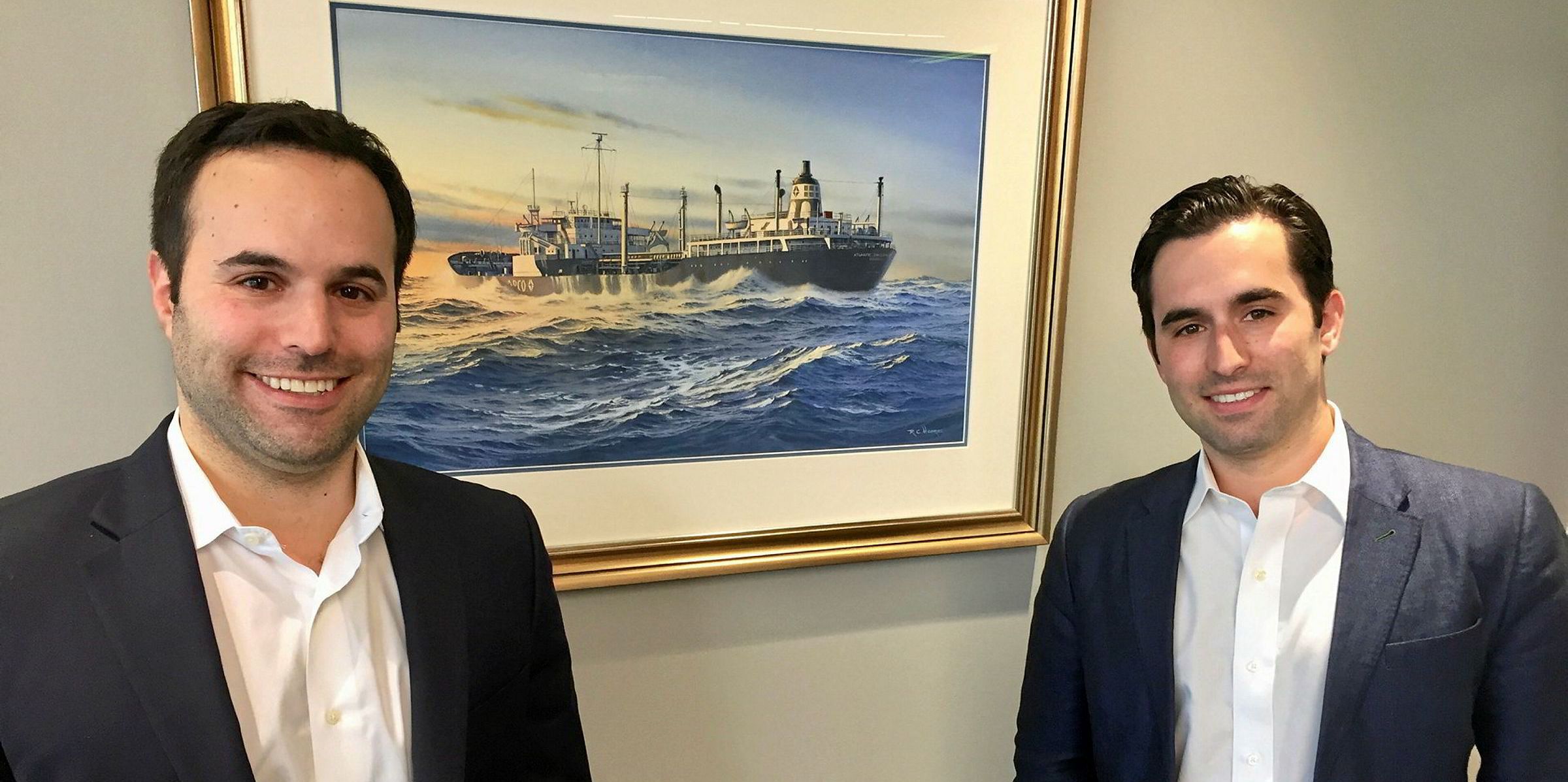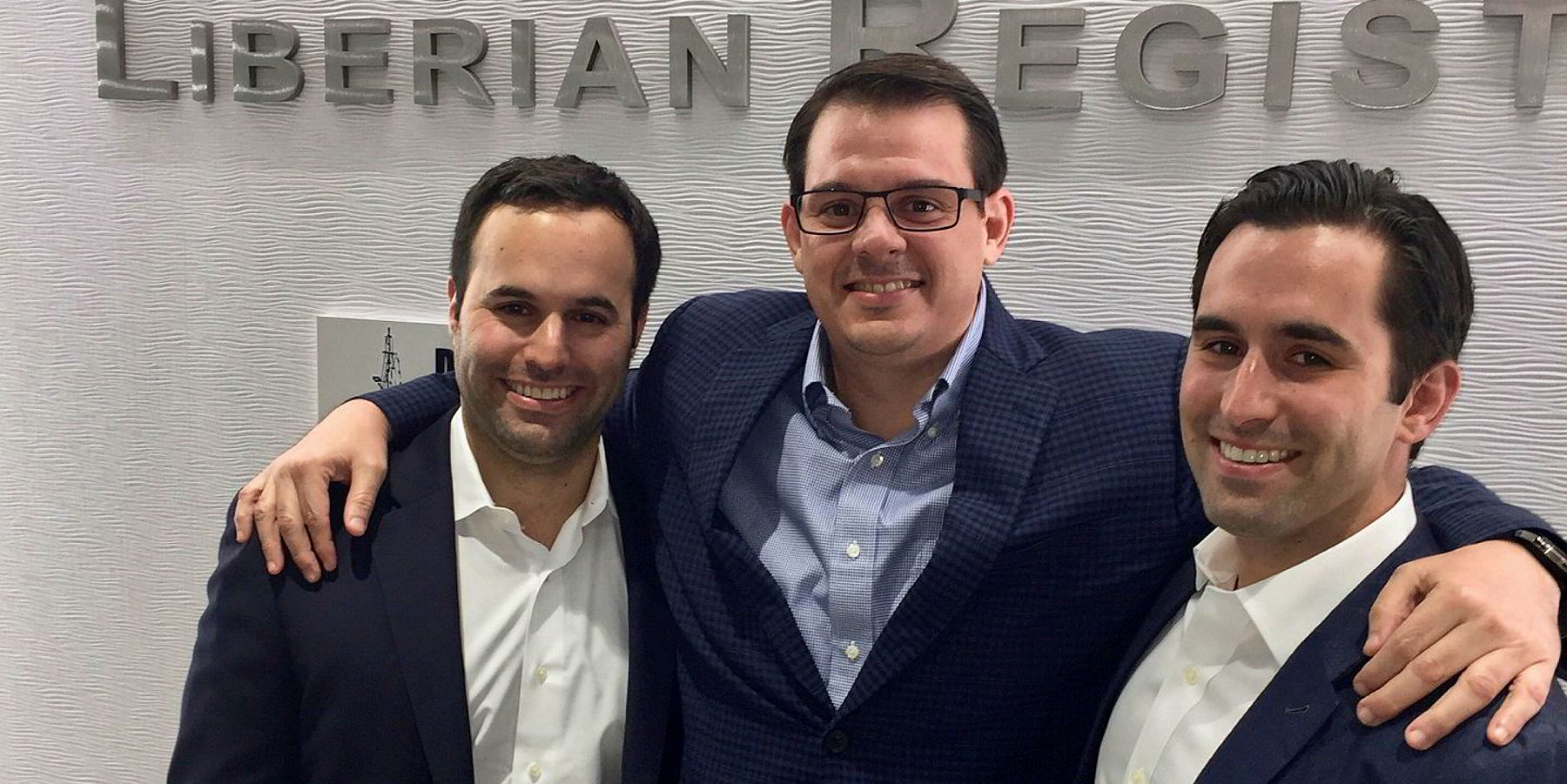Big changes are expected under Luxembourg law that will allow its flag to become a more influential player in registering tonnage from other European Union nations.
The leaders of the Liberian International Ship & Corporate Registry (LISCR) have high hopes for those developments’ impact on its venture into the small European country, but they are less certain that national flags pose any long-term threat to the primacy of open registries, such as Liberia, worldwide.
This was the view expressed by brothers Elan and Adam Cohen, co-chairmen of LISCR, in a recent interview with TradeWinds at their offices in Dulles, Virginia.
Luxembourg was central to the discussion because it has tied up with a parent company of LISCR to form EuroFlag Services (EFS), providing registration and management services to shipowners under the Luxembourg flag.
The effort is largely linked to requirements by some European nations, such as Germany, to flag some vessels within Europe.
'Redefine registration process'
“For some time, we've been trying to refine the registration process in Luxembourg — in this calendar year, we expect there is legislation that will be very beneficial in making Luxembourg more attractive to EU shipowners that have interest in some kind of EU flag for their fleet,” Elan said.
“The legislation, if passed, primarily focuses on centralising the registration process into a one-stop shop, and also making it much more service friendly. It should allow a much more robust platform from our end — allowing people who can provide services directly while also making the registration process more friendly to the finance community.”
Whenever such initiatives take place, in the implementation phase they are always tempered, and the reason that they're tempered is that, over time, the governments start to question whether there's actually a benefit to instituting such policies
Elan Cohen
Adam explained the rationale for setting up the joint venture.
“Many of our clients use multiple flags in the fleet," he said. "We're trying to give them a one-stop option. If they have other vessels that need the EU flag, we'd prefer they come just to us. We'd rather not lose that business.”
Flag needs to fluctuate
Ultimately, the need for EU flag or national-flag registration globally probably will fluctuate as it has historically, Elan said.
"Whenever such initiatives take place, in the implementation phase they are always tempered, and the reason that they're tempered is that, over time, the governments start to question whether there's actually a benefit to instituting such policies,” he said.
"They start to understand that they may not have the capacity to service their local tonnage owners if they do create a national administration.”
Adam said the global nature of shipping has a lot to do with that eventual understanding.
"To service a shipowner, you need to have multiple offices around the world," he said.
"The owner may be in Germany, for example, but it will need operational offices in Singapore and China and other locations. And a national flag tends not to hire local people in foreign offices to provide services to these clients.”







